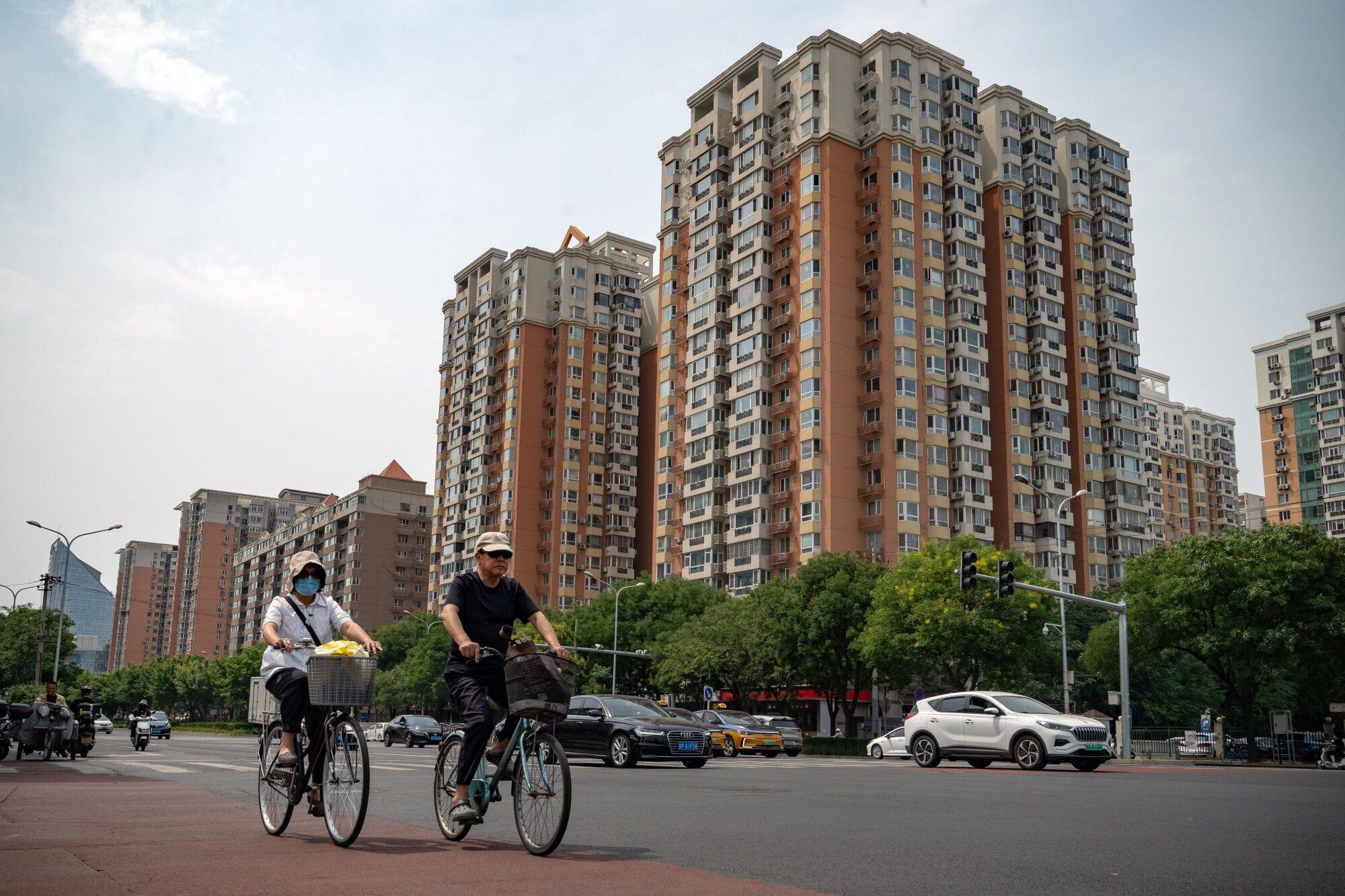Beijing’s most ambitious attempt yet to support China’s slumping property market was panned by S&P Global and Fitch Ratings, as the two agencies predict more downside for the crisis-hit sector, in sharp contrast with some analysts who feel that the worst might be over.
S&P Global on Thursday downgraded its projections of new home sales for 2024 on concerns that homebuyer confidence will remain lacklustre, and demand, especially in lower-tier cities, will not recover sufficiently.
“We expect that in the second half of 2024, China’s property sector will continue to decline despite the new round of policies, with sales expected to drop 15 per cent compared to last year, which is a downward adjustment compared to a projected 5 per cent drop [made] at the end of 2023,” said Renyuan Zhang, director of corporate ratings at S&P Global (China) Ratings.

Overnight, Fitch Ratings made a similar cut. It now expects new home sales to decline by up to 20 per cent to 8.3 trillion yuan (US$1.1 trillion) in 2024, with sales expected to drop 10 to 15 per cent in gross-floor-area terms to between 800 million and 850 million square meter-range.
“This reflects a lower sales trend in the first four months than our previous forecast of a 5 to 10 per cent decline in sales, as well as more pronounced downward pressure on new home prices,” said Tyran Kam, senior director of Asia-Pacific corporate ratings at Fitch.
The dismal property data surfaced even after Beijing unveiled a broad set of measures that sought to address issues in the country’s embattled property sector, including the removal of the floor level of mortgage rates across the country, and setting funds aside for local governments and state-owned firms to digest excess housing inventory.
New home sales by the nation’s top 100 developers dropped by 33.6 per cent year on year in May, while total sales in the first five months of the year slumped 44.3 per cent compared with the same period of last year, although the rate of total sales decline narrowed by 2.5 percentage points, according to data compiled by China Real Estate Information Corp.
S&P’s Zhang said a sales rebound is beset by challenges on multiple fronts: a continued decline in home prices will weigh on buyer confidence in a market already grappling with more second-hand home supplies as lower-tier cities, in particular, are still facing an inventory pile-up.
However, some analysts say Beijing’s latest stimulus package will have a positive impact on property prices in due course.
“It is extremely positive that the central government has announced that they will be buying excess properties off the market,” said Stefan Hofer, managing director and chief investment strategist at Liechtenstein’s LGT Group.
“If you look at the most recent data from the People’s Bank of China (PBOC), the average house new house prices in China are still falling, so if the government through state-owned firms started to buy up excess property off the market, prices should stabilise in the second half of 2024.”
“We know from the PBOC’s own statistics that lending to households in China by financial institutions is very low, so people are not borrowing,” said Hofer. “However, if they are more confident and they see the house prices are increasing, confidence will be higher, they will start to borrow more and the economy will then grow faster again.”
Signs of a recovery are emerging in other parts of the market.
“A bright spot in China’s property sector is secondary homes, where transaction volume is showing sustained signs of improvement, heralding a recovery in home prices and the broader economy,” said Zhang Wenlang, chief macro analyst and managing director at CICC.
Additional reporting by Jiaxing Li

